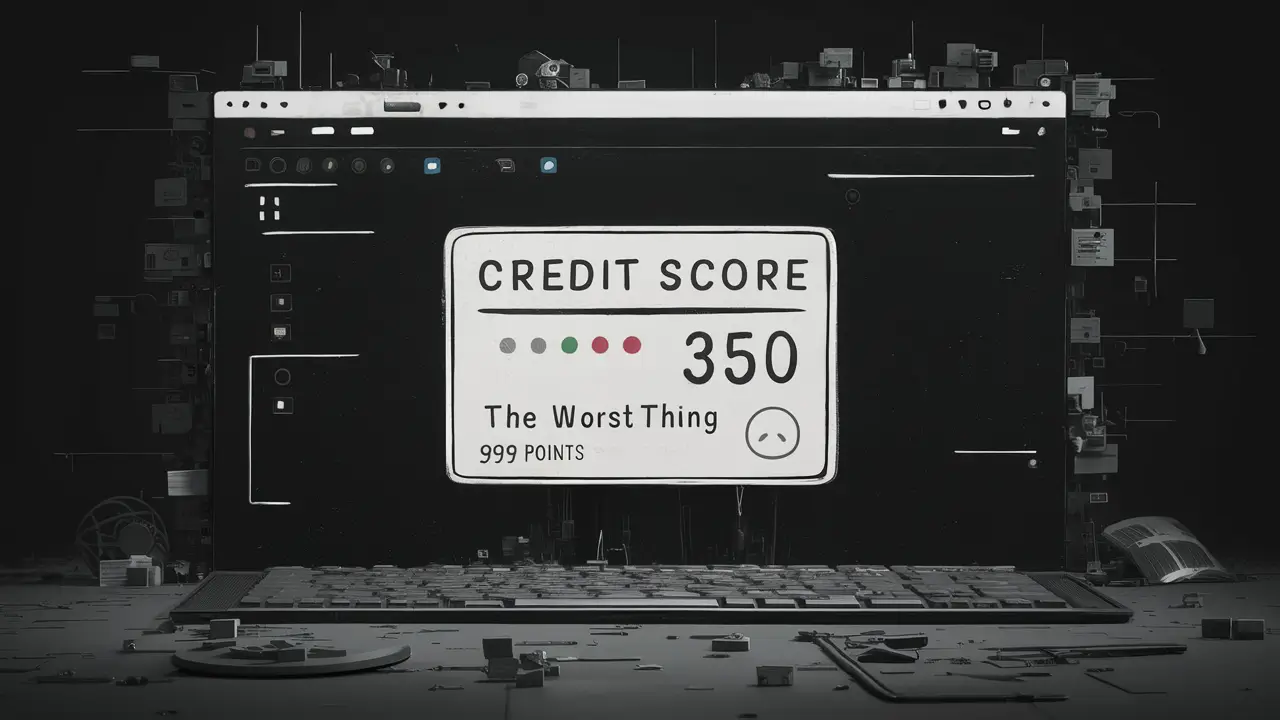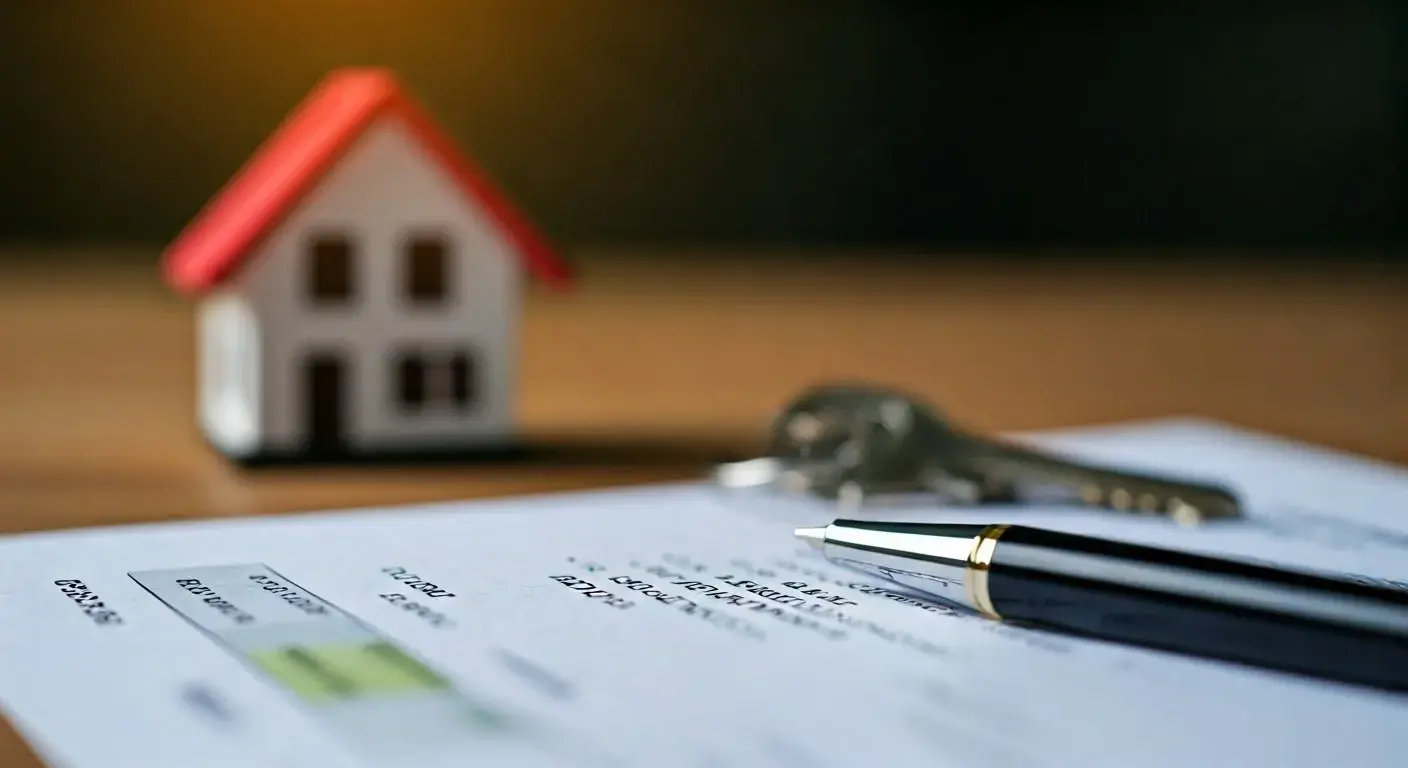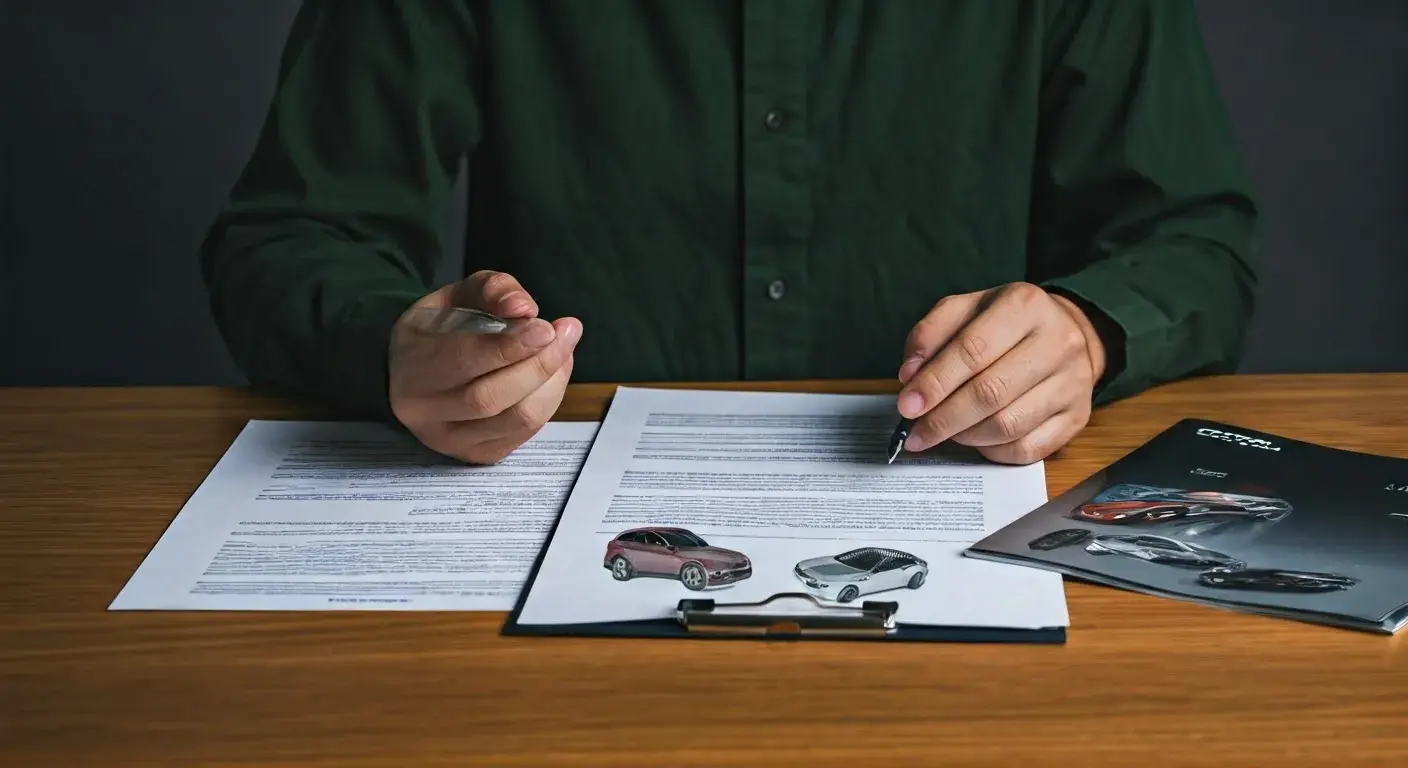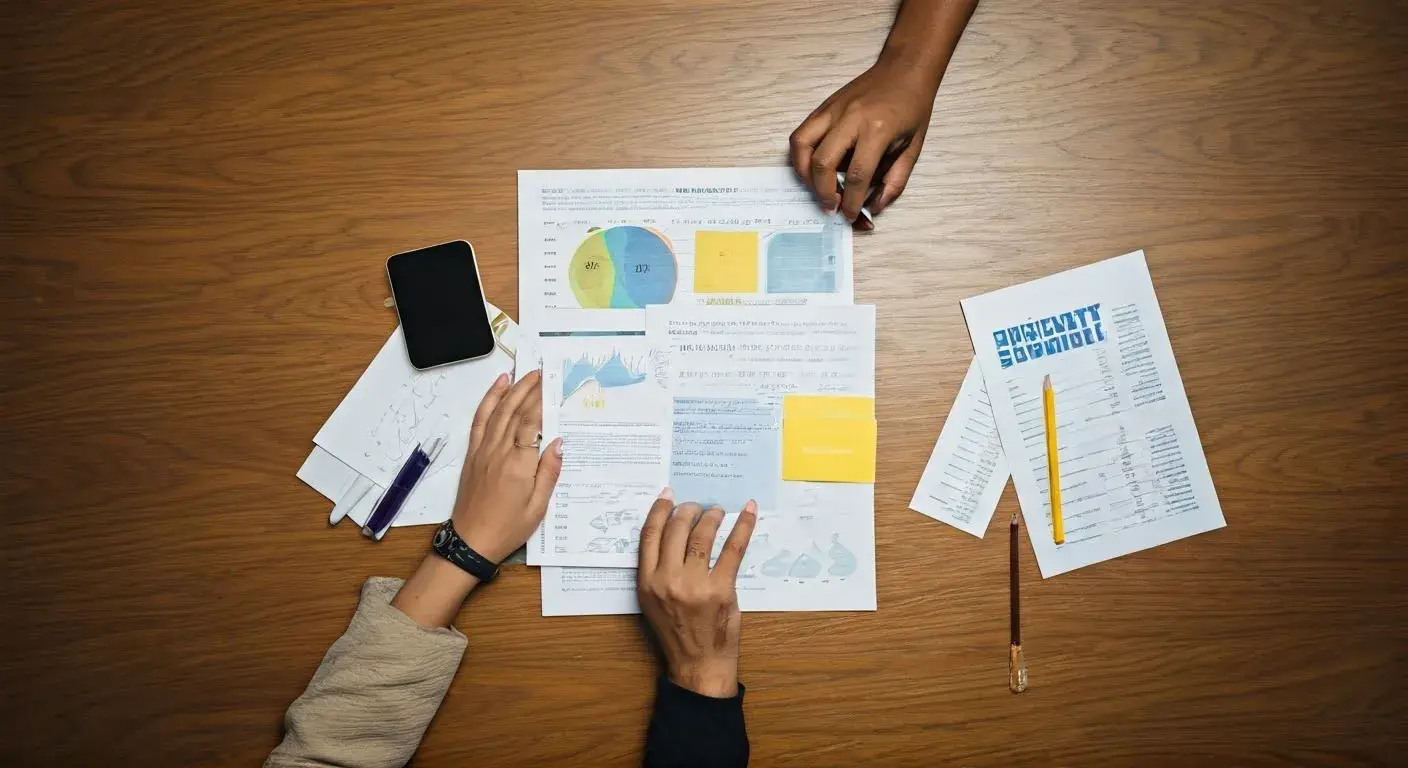-
Posted on: 24 Jul 2024

-
The One Mistake That Will Single-Handedly Ruin Your Credit Score
It is now becoming common knowledge that your credit score is perhaps the most significant number in your financial life. This acts as a benchmark for approval for credit cards, loans, mortgages, rental applications, and several other fields. Having a credit score of 720 and above is advisable, as this will guarantee you the best rates as well as terms of the loan repayment. However, if the credit score is low, even getting approved for anything at all will be a herculean task, and if one gets approval, he or she is likely to pay a very high price.
Well, what is the most disastrous mistake you can make to see your credit rating plummet to the ground? One bad financial move stands out from the rest: One bad financial move stands out from the rest:
To default on a loan obligation is one of the meanings of the expression.
Being a loan guarantor, defaulting on the loan means that for a long period one is not able to pay even a single installment and this has serious consequences on the credit. If a person defaults, he or she sets off a string of score-reducing penalties that can wipe off a once-healthy rating. How does this occur, why does it hurt so much, and is there a way to repair the damage that is done? Let us analyze it further if we may.
The following are the ways through which you default on a loan
You do not default the first time you fail to pay back the loan by the contract agreed upon. Creditors know that business and personal financial problems can arise and most of them are willing to accommodate the borrowers- provided the borrower communicates with them.
Arrears happen when you do not pay for a certain number of days, this could be 180+ days or more without making any payments at all. The exact figure depends on the classification of the specific debt type. During this period, your lender will be notifying you of the remaining days to pay up through frequent messages. If the payments do not reapply, then the account finally gets to the status of a default one.
When you bail out, the creditor has no time to wait. The lender shall ensure that the borrower pays off the remaining balance of the loan as agreed in the loan agreement with legal actions. They can take legal action against you, get a part of your paycheck deducted, place a freeze on your property, or sell your debt to other collection agencies for aggressive collection. Unfortunately, none of those options are perfect for your financial or credit status.
Why Defaulting Is Hazardous to Your Credit Score
When your account goes into default, it triggers a string of credit score implications: When your account goes into default, it triggers a string of credit score implications:
- The defaulted status of the loan will be reported by the lender to the three credit reference companies: Experian, Equifax, and TransUnion. This default reduces your score between 160-220 points as soon as you accept it. When it reduces from “Good” to “Very Poor”, it becomes very difficult to secure any new credit or healthy loan status.
- Language in the case of default reporting remains for up to 7 years. This is even if you pay the default later in time, the fact remains that the credit history is marked for a long time.
- Because if it is true that other negative items pile on it means that the negative items being added are not as strong as it was in the previous condition. This will cause more harm since defaulted accounts usually get taken to collections. You may also be sued or have your wages garnished for the unpaid balance of your debts – both credit-killing events.
- Late payments before default: Late payments or missed payments on your credit report also negatively affect your score if they are ongoing before defaulting. At the 120 or even more days of default, you have most likely failed to pay for two or three months at the very least. They lower it step by step within that period if you have late payment notations of 30, 60, or 90 days past due.
In a short time window, applying default initiates a range of credit score reductions that can sum up to over 200 points. This gives an overall “Very Poor” rating for the sample making it difficult or even impossible to access more credit. Also, the default remains to plague your score for years of your life, hindering creditworthiness.
Previous positive credit history is erased and the applicant has to start all over again from scratch. The first consequence might be a slight decline in your score because of one missed payment. However, full-blown default leads to long-term destruction, probably the time it will take to reinstate your credit.
Can someone reverse credit after a default has been made?
Yes, in many cases! However, you must know that paying off a defaulted loan will not make it disappear from your record as if it never existed. They point out that the late payments and default status remain visible for years as indicated above. However, solving these problems may begin the process of post-default rehabilitation.
To get out of the default category, your score will recover slowly in the following period and with a new credit usage. You can also use some of the credit repair procedures such as goodwill deletion letters to possibly get other things relating to the default removed early. This assists in reducing your credit turnaround time.
Here are some smart financial steps to take after defaulting on a loan: Here are some smart financial steps to take after defaulting on a loan:
• Contact the lender ASAP: You should state the circumstances that made it hard for you to pay back and the commitment that you have towards paying the remaining amount. Negotiate new more cheaply priced payment structures wherever and whenever possible.
• Pay off the defaulted account: Accede to the new payment schedule or pay the outstanding amount for a lower balance if the creditor allows it. Paying off the remainder also prevents additional penalties from being imposed.
• Send goodwill letters: It is good practice to write to the lender and bureaux to request the removal of negative items relative to the default now that it is paid. Inform them of what they may consider as ‘’goodwill deletion’’, and present a reasonable argument which they are likely to agree to.
• Continue positive credit behaviors: The task of repairing the default damages, as well as responsible use of credit in the future. To rebuild credit, the following guidelines should be followed: Pay all bills on time always, Keep credit card balances low, and Just open new credit accounts responsibly. Scores will start to recompose in the following few years through hard work.
• Utilize credit monitoring and disputes: Consider each credit report for any errors related to the default and immediately correct any erroneous information found. Some mistakes can happen when reporting, but correcting all of them also has a positive impact.
The process of getting back from a loan default obligation is quite a slow and tiresome process. However, being financially disciplined in the following months, and using credit repair tools, will help to minimize their impact on your score significantly. Yes, it will take just a couple of years to be back on the map shooting 100+ points, and getting back to “Good” credit territory.
Prevent any more harm to the credit score
As described earlier, defaulting on a loan is not a good thing because it has very bad consequences on your credit status and your overall financial status. It results in very poor credit rating thereby having high rates of denial, extremely higher rates of interest, and a very difficult struggle to regain lending status.
Other credits such as bankruptcies or maxing your cards also remain painful, but no other single credit action generates such a rapid chain of adverse score impact as loan default. It is of course important to understand that sometimes financial realities are created and cannot be avoided, but the avoidance of this situation in any way is sensible. It is essential to first exhaust all the options depicted above by ‘if facing debt’ if experiencing challenges paying bills or otherwise.
In conclusion, the most important advice is to have a good plan for your finances and to think about credit cards as a tool rather than just a piece of plastic. Pay on time without fail, the balance should always be low, and if taking a loan it should always be affordable for on-time repayment. Paying off your credit and making sure it remains that way takes time, thus the positive habits over a period create that foundation.
Call now for expert credit repair services: (888) 803-7889
Read More:
What is the 11-word phrase credit loophole?
How long does it take to build credit from 600 to 700?
Can my credit score go up 200 points in a month?
Can I afford a 300k house on a 60k salary?




